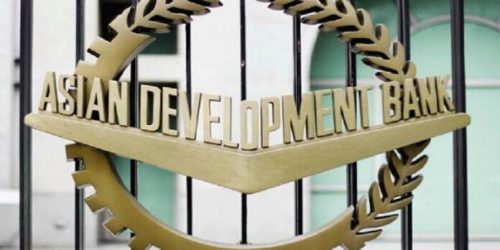Prime Minister Imran Khan is leading a historic effort aimed at developing a strong knowledge economy. Projects worth about Rs120 billion are in various stages of approval. Some have already been approved and their implementation begun. These include a Rs12 billion scholarship project of the Knowledge Economy Task Force that is chaired by the prime minister and of which I am vice-chairman. The project is aimed at strengthening the faculty in our universities by sending a large number of our brightest students to top universities abroad. Another Rs6 billion project…
Read MoreMonth: February 2021
Setting up of provincial regulators: Nepra chief gives his consent
ISLAMABAD: Chair-man, National Electric Power Regulatory Authority (Nepra) on Tuesday gave his consent to the establishment of power regulators at the provincial level for provision of better service to people and resolution of electricity issues. He made these remarks during a hearing on issuance of transmission licence to Khyber Pakhtunkhwa Transmission Grid Company (KP-PGC) which the provincial government intends to establish with its own transmission and grid system to supply electricity it has generated, mostly cheap hydel electricity to its industry and people. The provincial government argued that National Transmission…
Read MorePakistan to seek debt relief from China power projects’ loan
KARACHI: Pakistan plans to ask China for relief on payments for power projects Beijing financed over the past eight years, the latest developing nation that’s struggling to repay debt under President Xi Jinping’s Belt and Road Initiative, Bloomberg reported on Tuesday. In informal talks, Pakistan and China have discussed easing terms on the repayment of debt on about a dozen power plants, according to a person with knowledge of the matter, who said Islamabad hasn’t made a formal request yet. The parties have canvassed Beijing’s willingness to stagger debt payments,…
Read MoreThe neglected institutional aspect of energy policies in Pakistan
Starting with the 1994 private power policy, Pakistan has seen a streak of energy policies, introduced at regular intervals by successive governments in their bid to fuel the growing economy and serve the demands of the burgeoning population. Most of these policies, however, failed to deliver their intended outcomes during implementation. Often, these policies have also led to serious unintended consequences such as excess capacity, suppressed demand, piling up of circular debt, relocating of local businesses to other countries, and raising fuel and electricity prices beyond the reach of common…
Read MoreADB reaffirms support for energy sector reforms in Pakistan
ISLAMABAD: The Asian Development Bank (ADB) has reaffirmed its support for energy sector reforms in Pakistan. Special Assistant to Prime Minister on Petroleum Nadeem Babar on Tuesday held a virtual meeting with the ADB team in Manila together with ADB Country Director Xiaohong Yang and the energy team, said a statement issued by the Petroleum Division. The meeting was aimed to discuss the progress on the reform programme in the petroleum sector of Pakistan. The forum was informed that energy sector reforms were part of the government’s policy to improve energy…
Read More







